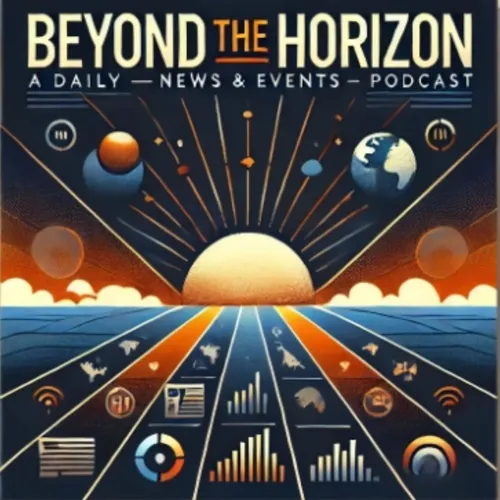The Narcotic That Fuels The Jihad
- Author
- Bobby Capucci
- Published
- Mon 01 Sep 2025
- Episode Link
- https://www.spreaker.com/episode/the-narcotic-that-fuels-the-jihad--67543781
Captagon, an illicit amphetamine, has earned the nickname “the jihad pill” for its unique role in modern conflict. Fighters across the Middle East, including ISIS during the height of the Syrian Civil War, have used the drug for stamina, fearlessness, and psychological detachment—turning it into a battlefield weapon as much as a narcotic. Reports have linked its use to Hamas militants during the October 7th attacks, reinforcing its association with both heightened aggression and religious militancy. The drug’s stimulant effects keep combatants awake for days, enabling relentless violence while deadening physical and emotional inhibitions.
More critically, Captagon has become a multi-billion-dollar revenue engine that sustains jihadist movements and authoritarian regimes alike. Syria, under the Assad regime, has become the epicenter of Captagon production, with military and political elites orchestrating its mass manufacture and export. Hezbollah acts as a key facilitator, protecting production lines and trafficking corridors, ensuring supply reaches lucrative markets in the Gulf, Europe, and Asia. The trade not only dwarfs much of the region’s traditional economy but also provides a steady stream of funding to groups and governments otherwise strangled by sanctions—turning Captagon into both the financial backbone of jihad and a destabilizing force across the Middle East.
to contact me:
[email protected]
source:
How did Europe help Syria become a bigger drug dealer than Mexico’s cartels? | Euronews
